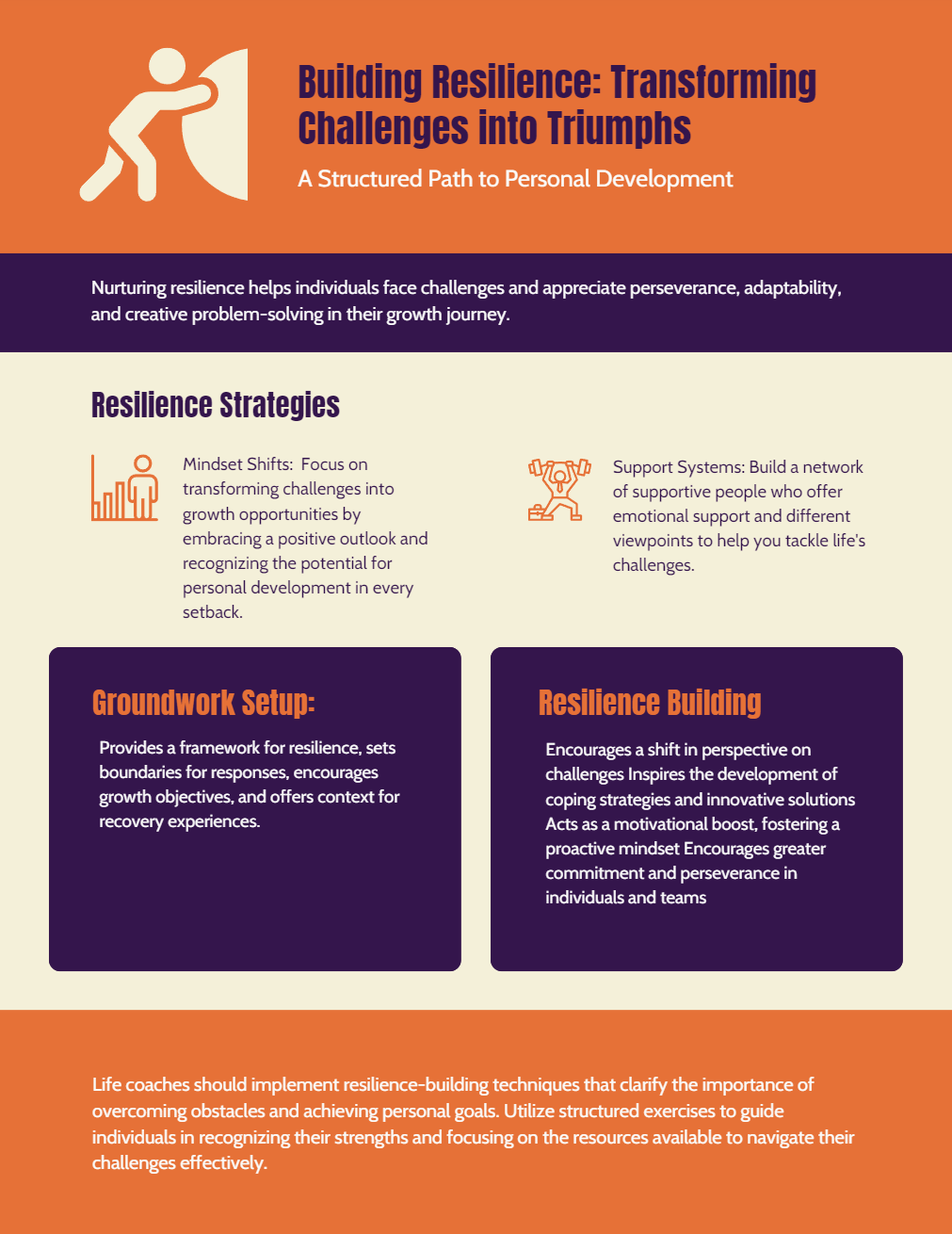Unlock your full potential and transform your life with our comprehensive guide to life coaching. This article explores the transformative power of working with a life coach, offering insights into goal-setting, overcoming obstacles, and achieving personal growth. Discover how a life coach can help you clarify your vision, develop actionable strategies, and maintain accountability on your journey to success. Whether you’re seeking career advancement, improved relationships, or overall life satisfaction, this guide provides valuable tools and techniques to help you reach your highest potential. Learn how to harness your inner strengths, overcome limiting beliefs, and create lasting positive change in all areas of your life. Embark on a journey of self-discovery and empowerment as we delve into the world of life coaching and its potential to revolutionize your personal and professional life.
Life coaching has emerged as a powerful tool for personal development and achieving success in various aspects of life. This guide aims to provide you with a comprehensive understanding of life coaching and how it can help you unlock your full potential. We’ll explore the role of a life coach in helping individuals identify their goals, overcome challenges, and create actionable plans for personal and professional growth. From developing a growth mindset to mastering effective communication skills, we’ll cover essential strategies that can propel you towards your desired outcomes. Whether you’re looking to advance in your career, improve your relationships, or find greater purpose and fulfillment, this guide will equip you with the knowledge and tools to make meaningful changes in your life. Discover how to tap into your inner resources, break through limiting beliefs, and cultivate the confidence to pursue your dreams with unwavering determination.
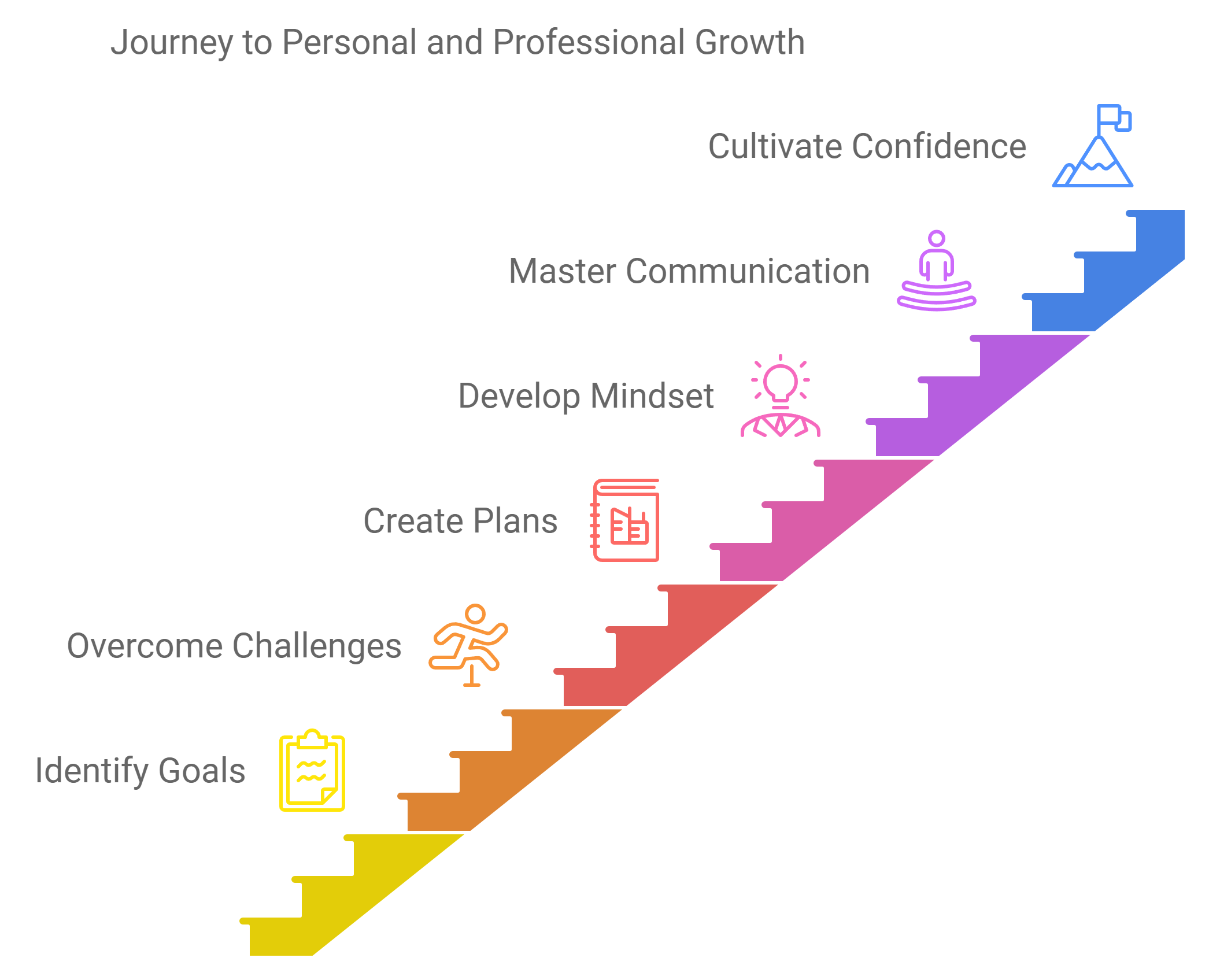
Discover Your Inner Strengths: Self-Assessment Techniques
Embarking on a journey of self-discovery is a crucial step towards personal growth and success, and as a life coach, I cannot stress enough the importance of understanding your inner strengths. Self-assessment techniques are powerful tools that can help you uncover hidden talents, identify areas for improvement, and align your goals with your true potential. By delving deep into your personality, skills, and values, you can gain invaluable insights that will guide you towards a more fulfilling and purposeful life.
One effective self-assessment technique is the Myers-Briggs Type Indicator (MBTI), which categorizes individuals into 16 personality types based on their preferences in four dimensions: extraversion/introversion, sensing/intuition, thinking/feeling, and judging/perceiving. This assessment can provide a comprehensive understanding of your natural inclinations, communication style, and decision-making processes, allowing you to leverage your strengths and work on your weaknesses more effectively. Another powerful tool is the StrengthsFinder assessment, developed by Gallup, which identifies your top five talent themes out of 34 possible strengths, helping you focus on what you naturally do best.
Man is nothing else but what he makes of himself – Jean-Paul Sartre
Self-reflection exercises and journaling are also invaluable techniques for discovering your inner strengths. Take time to ponder on the following questions:
- What activities make you lose track of time?
- When do you feel most energized and confident?
- What unique skills or talents do others often compliment you on?
- What challenges have you overcome, and what strengths did you use to do so?
As a life coach, I often recommend creating a personal SWOT analysis (Strengths, Weaknesses, Opportunities, Threats) to gain a holistic view of your current situation and potential. This strategic planning tool can help you identify internal and external factors that influence your personal and professional growth. Here’s a simple template to get you started:
| Strengths | Weaknesses |
|---|---|
| List your positive attributes and skills | Identify areas for improvement |
| Opportunities | Threats |
| External factors that could benefit you | External challenges or obstacles |
Remember, discovering your inner strengths is an ongoing process that requires patience, honesty, and self-compassion. As you engage in these self-assessment techniques, keep an open mind and be willing to challenge your preconceived notions about yourself. It’s also beneficial to seek feedback from trusted friends, family members, or colleagues, as they may offer valuable perspectives on your strengths that you might have overlooked. By combining various self-assessment methods and external input, you can create a comprehensive picture of your unique talents and abilities, setting the stage for personal growth and success in all areas of your life.
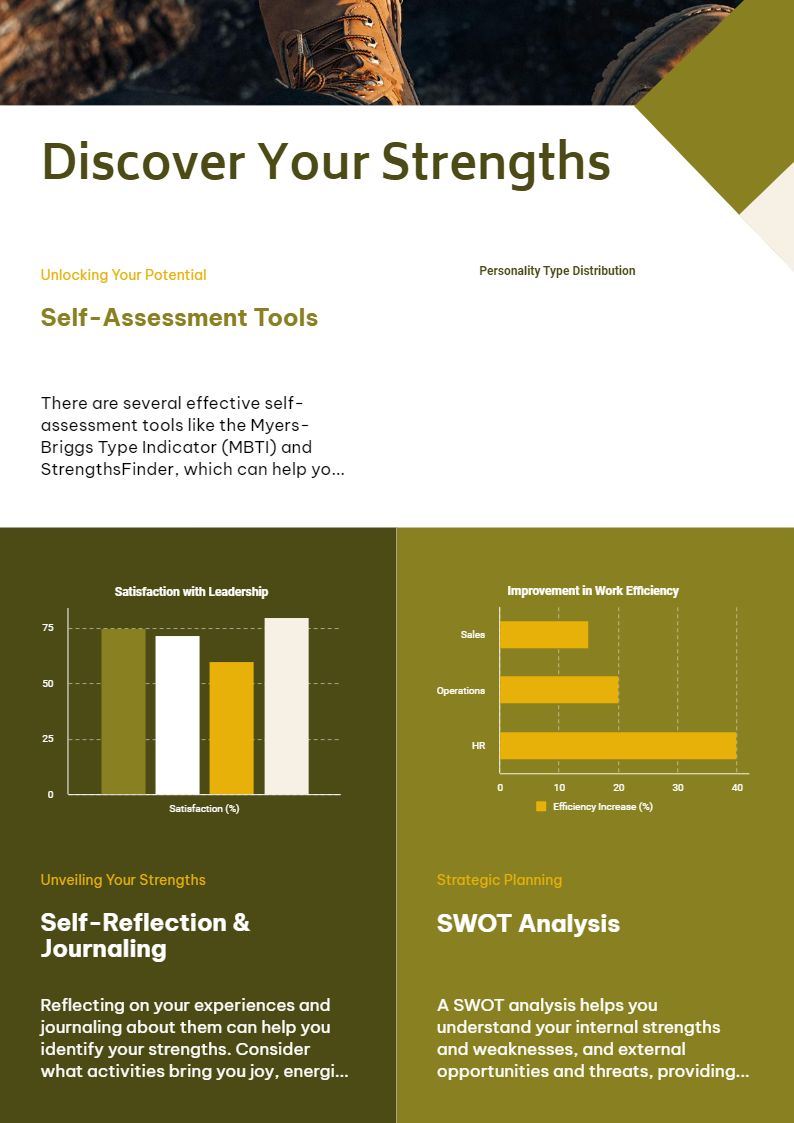
Setting SMART Goals: Your Roadmap to Success
As a life coach, one of the most powerful tools I recommend to clients is setting SMART goals. SMART is an acronym that stands for Specific, Measurable, Achievable, Relevant, and Time-bound. This framework provides a clear roadmap for success, helping individuals transform vague aspirations into concrete, actionable plans. By implementing SMART goals, you can significantly increase your chances of achieving what you desire, whether in your personal life, career, or any other area you wish to improve.
Let’s break down each component of SMART goals and explore how they contribute to your success:
| SMART Component | Description |
|---|---|
| Specific | Clearly define what you want to accomplish |
| Measurable | Establish concrete criteria for measuring progress |
| Achievable | Ensure the goal is realistic and attainable |
| Relevant | Align the goal with your broader objectives and values |
| Time-bound | Set a specific timeframe for achieving the goal |
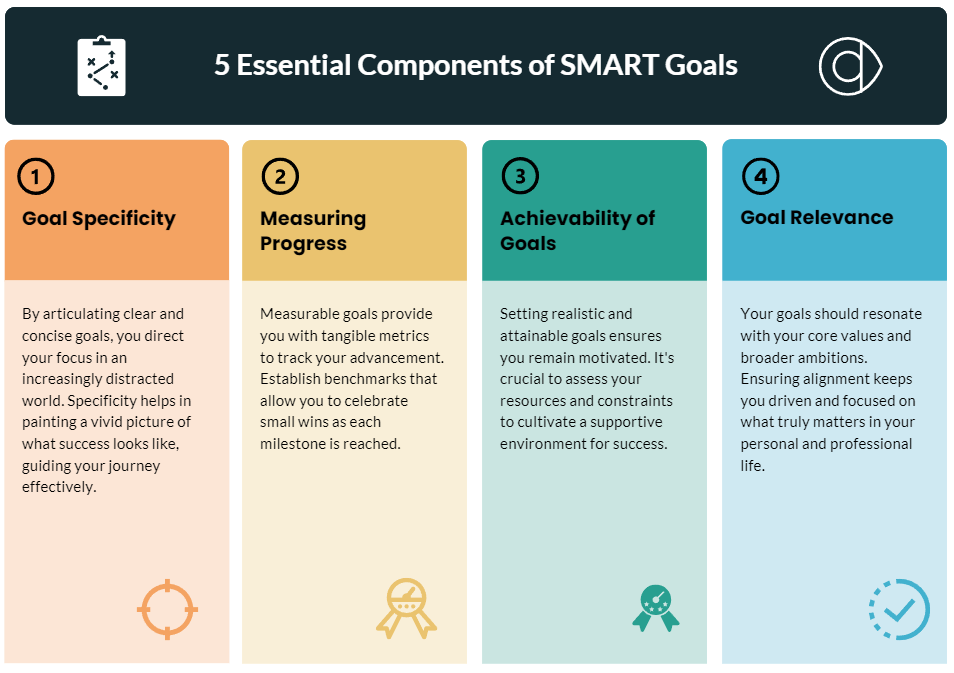
Overcoming Obstacles: Strategies for Personal Growth
Embarking on a journey of personal growth often involves facing numerous challenges and obstacles along the way. As a life coach, I’ve witnessed countless individuals transform their lives by developing effective strategies to overcome these hurdles. The path to self-improvement is rarely smooth, but with the right mindset and tools, you can navigate through any difficulty and emerge stronger than ever before.
One of the most powerful strategies for overcoming obstacles is to reframe your perspective. Instead of viewing challenges as insurmountable barriers, try to see them as opportunities for growth and learning. This shift in mindset can be transformative, allowing you to approach problems with curiosity and resilience rather than fear or frustration. A life coach can help you develop this positive outlook and guide you in identifying the valuable lessons hidden within each obstacle you encounter.
Another crucial aspect of personal growth is developing a robust support system. Surrounding yourself with positive, encouraging individuals can provide the motivation and guidance needed to push through difficult times. Consider the following ways to build your support network:
- Join a mastermind group or find an accountability partner
- Seek mentorship from someone you admire in your field
- Engage with online communities focused on personal development
- Attend workshops or seminars led by experienced life coaches
Implementing effective problem-solving techniques is essential when facing obstacles on your personal growth journey. One powerful method is the IDEAL approach:
| Step | Description |
|---|---|
| I – Identify the problem | Clearly define the obstacle you’re facing |
| D – Define the context | Understand the circumstances surrounding the issue |
| E – Explore possible strategies | Brainstorm various solutions and approaches |
| A – Act on the best strategy | Choose and implement the most promising solution |
| L – Look back and learn | Reflect on the outcome and extract valuable lessons |
Cultivating resilience is another crucial strategy for overcoming obstacles and achieving personal growth. Resilience allows you to bounce back from setbacks, adapt to change, and persevere in the face of adversity. A skilled life coach can help you develop this essential quality through various techniques, such as mindfulness practices, cognitive reframing, and building emotional intelligence. By strengthening your resilience, you’ll be better equipped to handle life’s challenges and continue progressing on your personal growth journey.
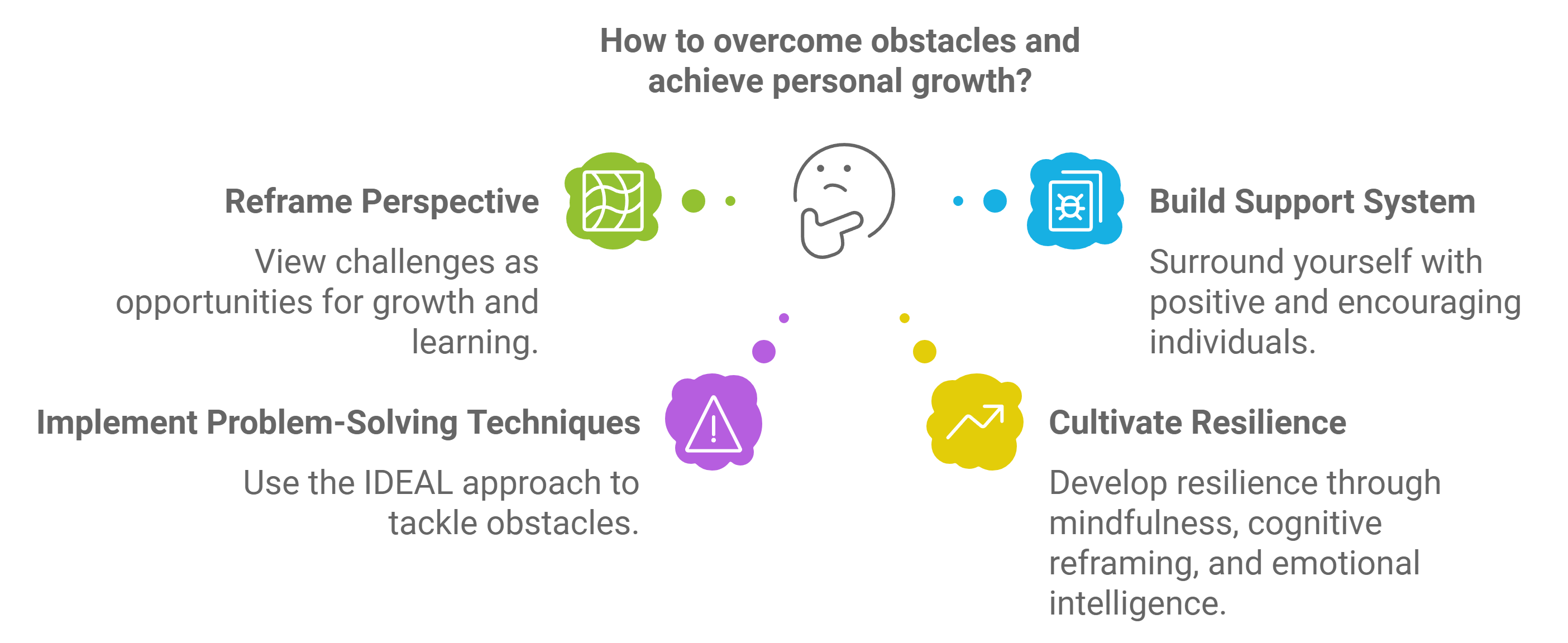
Mastering Time Management: Boost Your Productivity
In today’s fast-paced world, mastering time management is crucial for boosting productivity and achieving success. As a life coach, I often encounter clients who struggle with managing their time effectively, leading to stress, overwhelm, and missed opportunities. By implementing proven strategies and techniques, you can take control of your schedule, prioritize tasks, and maximize your potential.
One of the most effective ways to improve time management is by utilizing the Eisenhower Matrix, a powerful tool that helps you categorize tasks based on their urgency and importance. This matrix consists of four quadrants:
| Urgent and Important | Important but Not Urgent |
|---|---|
| Crises, pressing problems, deadline-driven projects | Planning, relationship building, personal development |
| Urgent but Not Important | Not Urgent and Not Important |
| Interruptions, some calls, some meetings | Time wasters, pleasant activities, some phone calls |
By categorizing your tasks using this matrix, you can prioritize effectively and focus on activities that truly matter. As a life coach, I encourage clients to spend more time in the ‘Important but Not Urgent’ quadrant, as this is where long-term growth and success are cultivated. Additionally, implementing the Pomodoro Technique can significantly boost productivity by breaking work into focused, 25-minute intervals followed by short breaks, allowing for sustained concentration and preventing burnout.

Building Resilience: Turning Setbacks into Comebacks
In the journey of personal growth and self-improvement, building resilience is a crucial skill that every life coach emphasizes. Resilience is the ability to bounce back from adversity, adapt to change, and thrive in the face of challenges. It’s not about avoiding setbacks, but rather learning how to turn them into opportunities for growth and comebacks. As a life coach would tell you, resilience is like a muscle that can be strengthened through practice and mindset shifts.
One of the key strategies a life coach might recommend for building resilience is reframing negative experiences. This involves looking at setbacks from a different perspective and finding the silver lining in difficult situations. For example, instead of viewing a job loss as a catastrophe, you could see it as an opportunity to explore new career paths or develop new skills. This shift in mindset can help you maintain a positive outlook and motivation to keep moving forward.
Another important aspect of building resilience that a life coach would emphasize is developing a strong support network. Surrounding yourself with positive, supportive people can provide emotional strength during tough times and offer different perspectives on challenges you face. Here are some ways to build and maintain a strong support network:
- Cultivate meaningful relationships with friends and family
- Join support groups or communities with similar interests or experiences
- Seek mentorship from experienced individuals in your field
- Consider working with a professional life coach for personalized guidance
Practicing self-care is another crucial element in building resilience that any life coach would advocate for. Taking care of your physical and mental health can help you better cope with stress and bounce back from setbacks more quickly.
